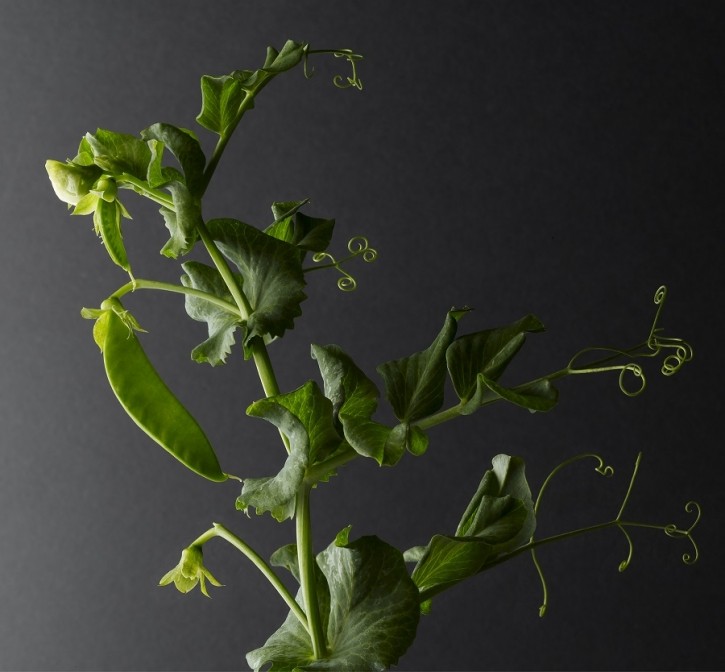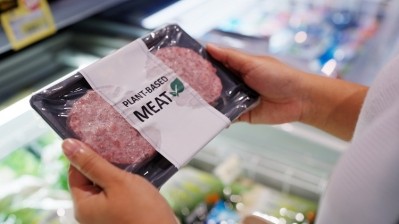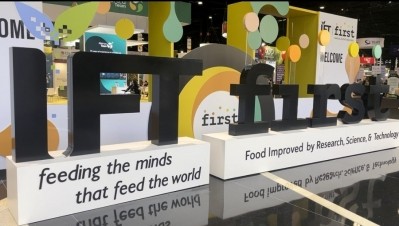IFT First
IFT First: Pea protein market expands as Roquette opens new facility

“The purpose of building our manufacturing facility in Manitoba is because there’s a lot of production and farmers of yellow peas. We have our facility which has tremendous capacity for manufacturing our protein isolates and a warehouse in Alsip, Ill., so it makes it very convenient for our products to be manufactured and sold,” Priscilla Fernandes, account manager, Roquette, explained to FoodNavigator-USA during IFT First, which took place in Chicago, July 17-19.
According to Markets and Markets Research, the pea protein market is projected to reach $2.9 billion by 2027 and a CAGR of 11.9% between 2022-2027, driven by consumer preferences for plant-based food and beverages that blend taste and texture with nutrition and sustainability.
In terms of pea protein’s use in applications, Fernandes explains its versatility across the food and beverage industry, from nutrition powder mixes and meal replacement bars to RTD formats. Roquette’s texture pea protein is used anywhere from meat analogues to batters and breading and contains “70% pea protein content,” Fernandes adds.
The company partners with its customers to develop solutions within its product portfolio. Fernandes is seeing more requests for allergen-free and improved texture for plant-based burgers.
The market is expected to grow despite challenges in supply
Pea protein’s popularity is growing among other plant-based protein counterparts, particularly as an allergen-free option to wheat, dairy and eggs, while serving as a binder for gluten-free products.
According to a 2019 McKinsey story, pea protein is expected to grow significantly in the alternative protein scene, despite challenges in supply caused by processing capacity. Along with Roquette’s $400 million facility, ADM also announced the opening of its North Dakota facility to accommodate the demand.
Another challenge is producing a high quality pea protein with minimal taste and neutral color profile. Further, because pea starch makes up 60% of the pea volume, producers are challenged with finding a high-value application for pea starch which is not used in pea-protein products.
Improving processing technology and sourcing, along with advanced seed technology that produces protein content can address these challenges and meet growing demand.

















